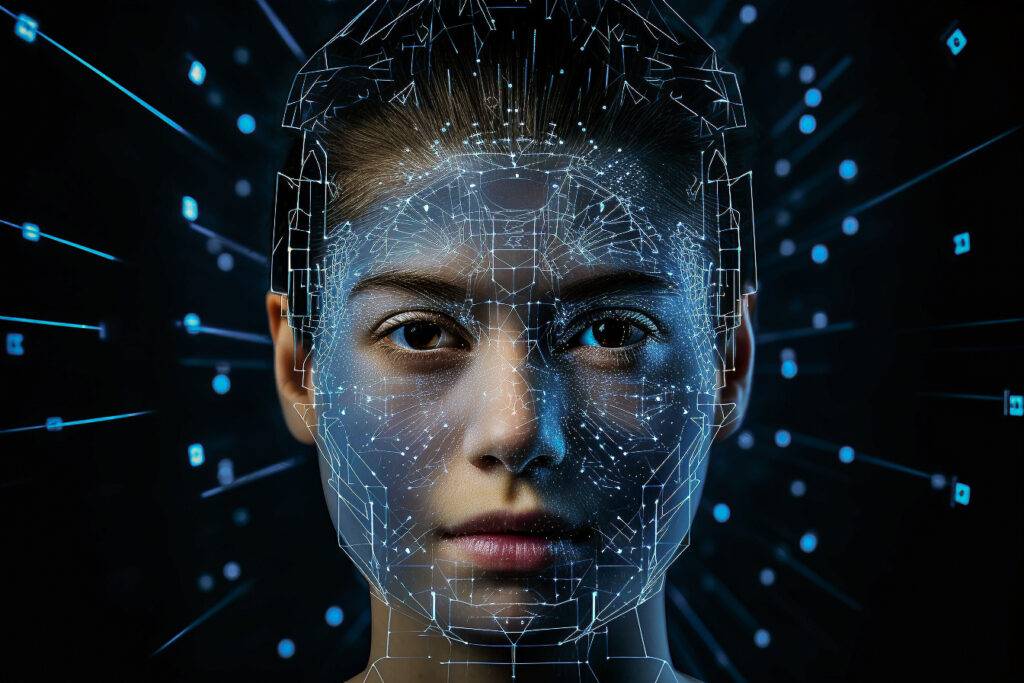Ethics is as important in the world of technology as it is in the real world. Moreover, ethical principles need to be rigorously defined in order to be unambiguously implemented in digital solutions. Technology ethics is the set of rules that govern our decisions about the development, deployment and use of technology. This set of rules can serve as a tool to test the impact of technological innovation on individuals, communities and society as a whole.
The ethics of technology is based on the principle of responsible innovation. This principle defines the importance of ensuring that technological advances are consistent with core ethical values. As we witness the rise of artificial intelligence, biotechnology and other innovative technologies, respect for fundamental ethical values becomes the most important issue. Issues of privacy, security and the potential misuse of powerful technologies require us to define the ethical boundaries of our digital world.
Privacy, the cornerstone of individual freedom, is the central focus of technology ethics. The increasing digitalization of our lives, from smart homes to social media platforms, raises concerns about the protection of personal information. Technology ethics requires us to address these concerns through strong privacy measures, informed consent practices and rules that balance innovation with the protection of individual rights.
Artificial intelligence is another important aspect of the ethical challenge. The use of algorithms in decision-making processes, from recruitment to judicial systems, must be carefully considered to avoid bias and discrimination. The development of AI must prioritize fairness, transparency and accountability, ensuring that these technologies serve the collective good without perpetuating social inequalities.
In the era of big data, the ethics of technology requires us to examine the responsible use of datasets. Issues such as data ownership and consent require ethical rules that mitigate risks while fostering innovation. Striking a balance between the opportunities offered by big data and the protection of individuals rights remains an important challenge.
Ethically, it is important to ensure that the benefits of technological progress are fairly shared across communities. This includes addressing accessibility, affordability and digital literacy to prevent the emergence of new societal inequalities.
The ethical development of technology requires the active participation of policy makers, ethicists and the public. Respecting the principles of responsible innovation, prioritizing privacy, addressing AI and promoting equitable access.




